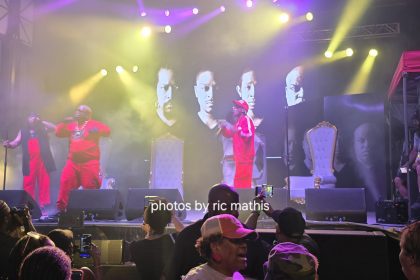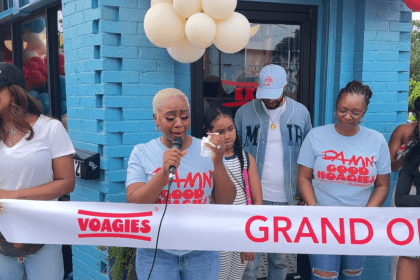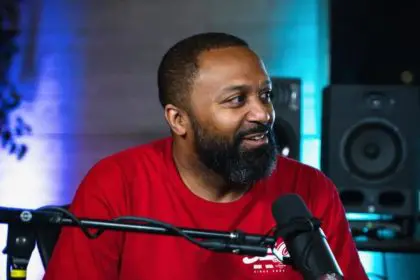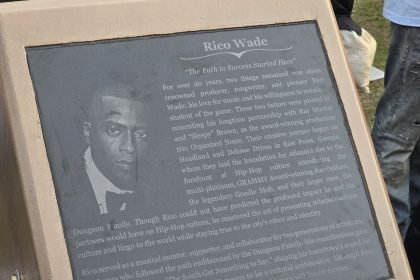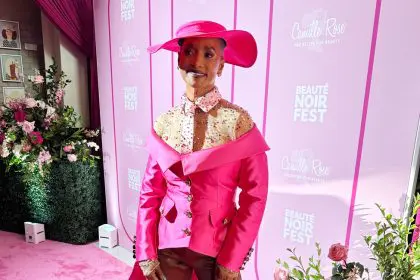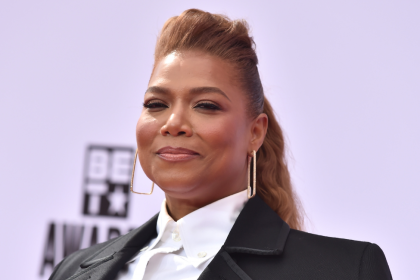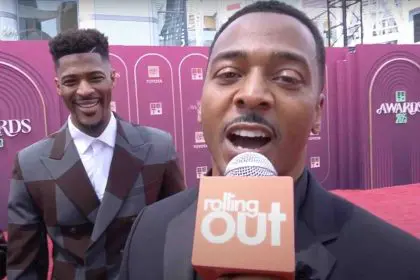Black cinema in the Pan African world is reaching new heights and spreading throughout the globe. Aug. 7-10, Atlanta will host the Pan African Film Festival. According to president and founder of the PAFF, Ayuko Babu, participants will be able to “tour the world through African eyes and film in four days.”
This year features two dynamic opening and closing films with big names, great production and startling stories. The opening night screening will premiere the film Supremacy starring Danny Glover. Supremacy is based on the true story of a white supremacist couple taking a black family hostage during a police standoff. There will be a special Q&A session with star Danny Glover and director Deon Taylor. The closing night features a historical period film Belle, the true story of Dido Elizabeth Belle, the mixed-race daughter of a Royal Navy admiral. This movie screening will also feature filmmaker Amma Asante and actress Gugu Mbatha-Raw for a Q&A session. All film screenings for the Pan African Film Festival will take place at the Plaza Theater, located at 1049 Ponce De Leon Ave NE, Atlanta, Ga. 30306.
Rolling out spoke with Pan African Film Festival founder Ayuko Babu about the mission of the PAFF and the state of black cinema from a global perspective.
Tell us about the mission of the Pan African Film Festival
First let me say those who want to see what films we are screening go to the www.PAFF.org website and check it out. In regards to our mission we think that in order to understand the complicated narrative and sophisticated narrative of we are as a people you have to really understand that as a result of the slave trade and colonization and that we have been spread all over the planet so a little bit of our story is down in Atlanta a little bit of our story is in Haiti, a little bit of horror story is in Nigeria , a little bit of horror story is in Papua New Guinea and if you begin to put all those stories together, you begin to understand who we are. The other thing is that black culture, African culture and African people around the world we only grow when we listen to each other and exchange ideas. As a result of us being split up all over the world we have a different aspect and different emphasis of places and of the African experience in Papua New Guinea for example, we hear of the African experience in New York and put these African experiences together and let it into your life. So all of our energy comes to listening from each other and feeling off of one another and that is extremely important in terms of growth in the world of entertainment.
What is the artistic state of black cinema today in America globally in your opinion?
I think it is sky high, but at the same time there is an old saying the best of times are also worst of times. All of this is going on at the same time, first we are producing more black films than ever before all over the world, here, Africa… every single group of us around the world are making films. Current technology has made it possible. Technology has allowed us to tell our story whether on the big screen or small screen and therefore it is a big battle to get these stories out there so it’s a great time and such a hard time at the same time.
What are some of the responsibilities a black filmmaker must shoulder that white filmmakers do not?
The difference is that black filmmakers are under a microscope. White filmmakers have the luxury of putting out a point of view that they solely want to say all day long, 24 hours a day. Black filmmakers really do not this luxury. We are more interested in making films about ourselves as a people because we me were supposed to make you think about your life, change you and give you info and help on your way as well as entertain
Are you seeing all blacks behind the camera and in support roles?
In the United States no, in Africa yes. There are African countries putting an emphasis on developing these particular skills, there is national mandate. For example there is the national mandate that the cameraman on the television show and grips or other support members must have Africans. There is no such national mandate in the United States.
What would you like to say to the readers of Rolling out in closing?
First I would say to your readers I’m so happy you’re giving me this opportunity to speak. I am a product of black media. I used to sell Jet Magazine when I was young and used to read all the stories and articles. Of course I liked the entertainment stuff but I was really interested in the editorials.
I ask your readers to support the Pan African Film Festival because we are coming to Atlanta. The stories are showing blacks all over the Pan African world so you could enriched ,recharged and energized for when you get back out there in the world. The movies will give the energy to carry on as you move forward in the world and in your daily life.
To hear the complete audio of this interview listen below:




